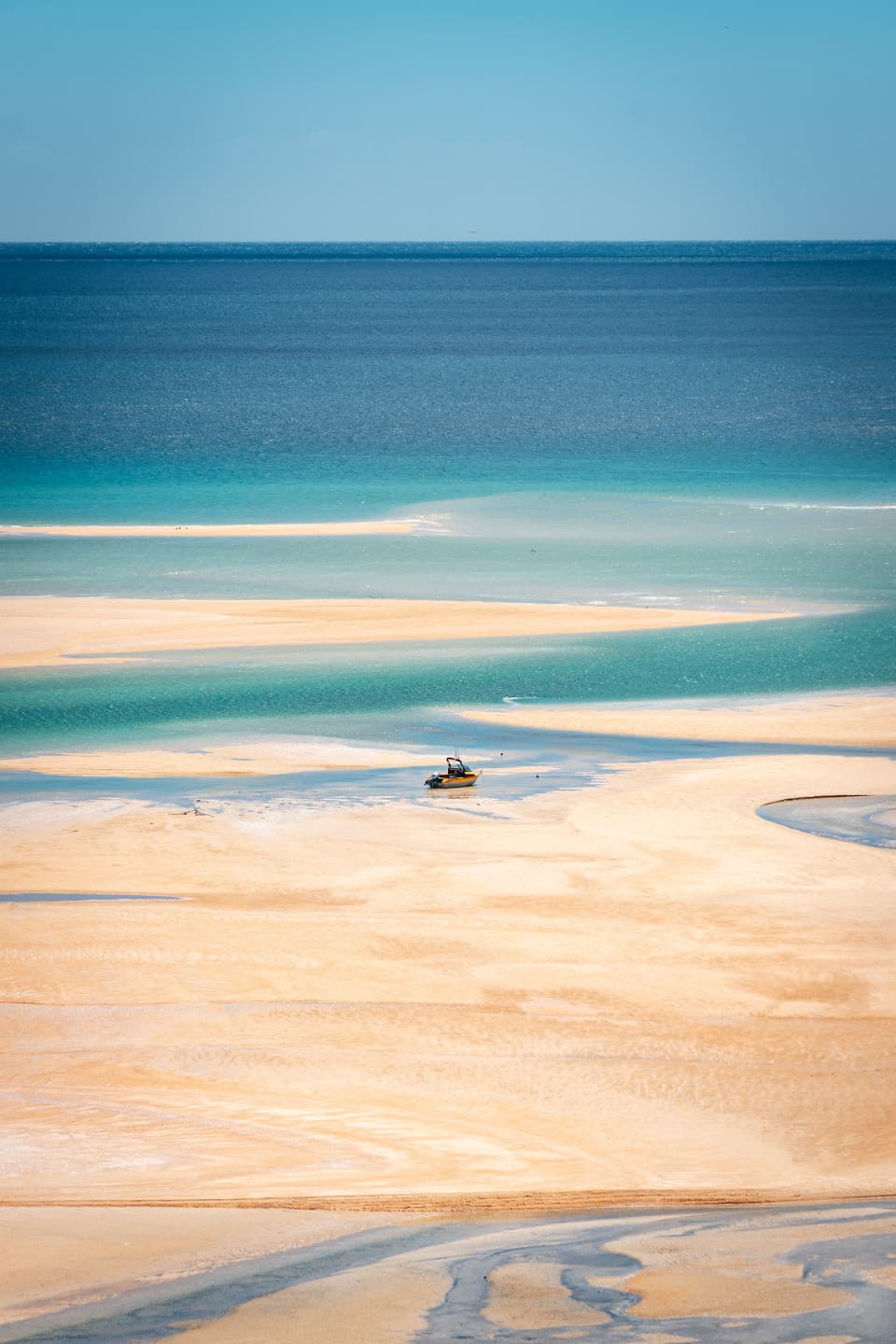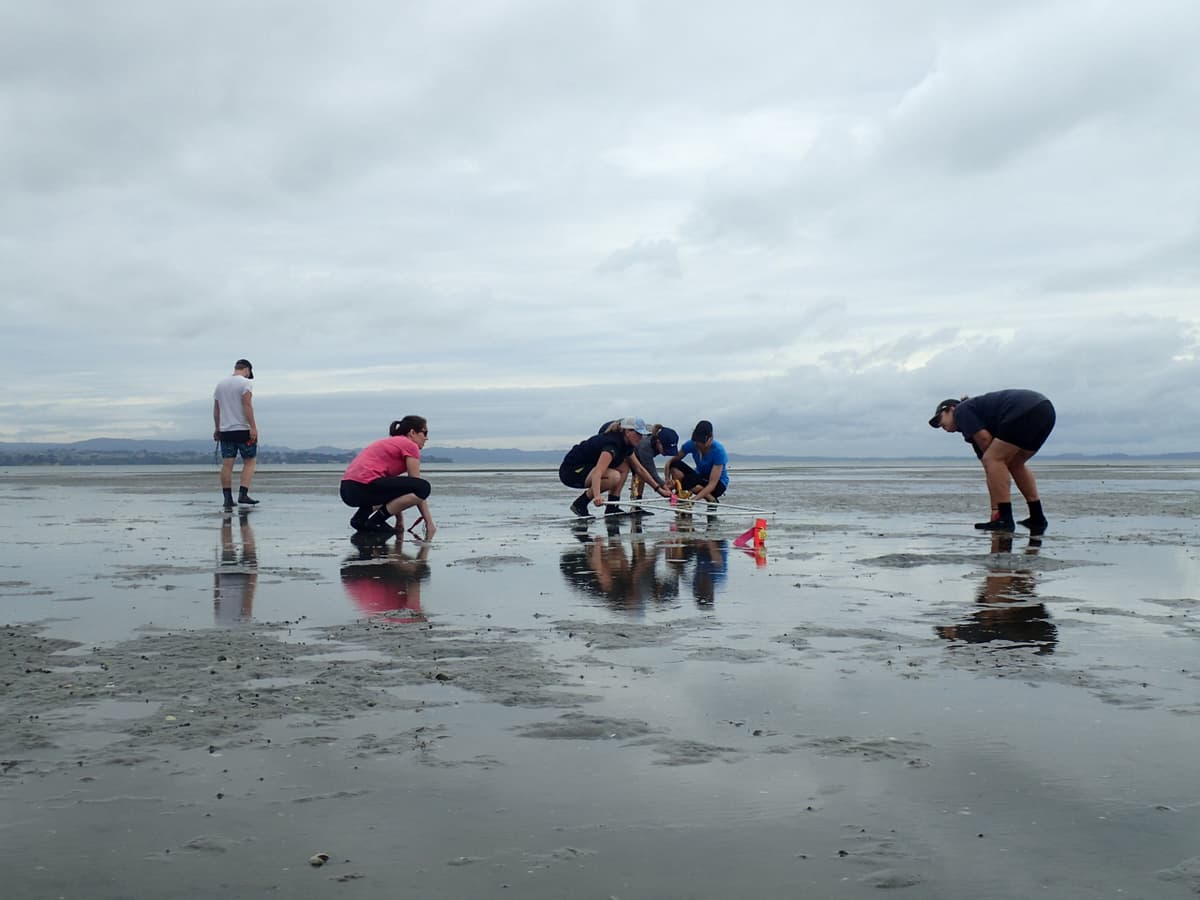

This impact case study describes how estuary guidance created by our research is supporting marine managers, and decision-makers (August 2021)
Estuaries are some of our most productive ecosystems and are where many New Zealanders work, live and play. They are affected by stressors from both land and sea, which makes managing them especially complex. In addition, decision makers have limited tools and information to help inform which management actions will be most effective.
Our Tipping Points project was a national-scale experiment investigating the impact of key stressors on our estuaries: nutrients, sediment and projected sea-level rise. Light availability in the water column and at the seafloor plays a critical role in ecological processes that underpin the delivery of vital ecosystem services.
With limit setting and estuaries being brought into the National policy statement on freshwater (NPSF) it is critical to get this research to the people who need it now. The findings are available in high impact peer-reviewed journals. However, journals are not the most accessible or practical format for marine and consent managers, kaitiaki, policy advisors, and coastal planners.
To support timely take-up of these findings and recommendations we have worked with co-developers and users to:
‘Translate’ findings into user-focused guidance and summaries
“[The guidance] is definitely a great way to present the scientific material from the papers produced. The language is great to be able to share around non-specialist parties. The recommendations section is really helpful – gives us direction and backing to head towards these management strategies.” - Josie Crawshaw, Coastal Scientist, Bay of Plenty Regional Council
Identify the best way to deliver them
This work has had Māori partner and stakeholder input from the beginning. The Tipping Points project began with hui with several councils and iwi groups. The ‘translation and delivery’ work has been a co-developed process involving end-users at each stage. The team that did the empirical fieldwork spanned six academic, CRI, and research organisations.
Contact
Conrad Pilditch conrad.pilditch@waikato.ac.nz
Research organisations
University of Auckland, University of Waikato, NIWA, University of Canterbury, University of Otago, Cawthron
